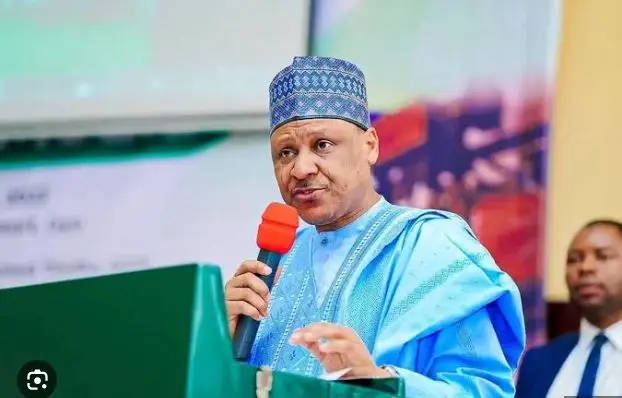The Minister of Information and National Orientation, Alhaji Mohammed Idris, has revealed that the federal government is committed to addressing the hardships currently faced by Nigerians by allocating ₦362.94 billion to the agricultural sector.
Speaking in Kaduna on Thursday during the launch of a Sensitization Townhall Meeting, organized to discuss the 11 intervention areas set by President Bola Ahmed Tinubu’s administration, Idris highlighted the government’s focus on boosting agricultural productivity. He explained that this substantial allocation will ensure sufficient distribution of fertilizers to farmers across the 36 states and the establishment of irrigation systems for year-round food production.
Represented by Malam Gwani Mohammad, Head of the Federal Information Resource Centre in Kaduna, Idris stated that these measures are part of the government’s concrete efforts to address the challenges caused by the removal of the fuel subsidy.
He emphasized that President Tinubu is fully aware of the difficulties Nigerians are enduring, particularly the escalating cost of food. To alleviate these challenges, the government has already introduced a ₦35,000 provisional wage increase for federal workers over six months and a ₦25,000 monthly cash transfer for three months to 15 million of the poorest Nigerians. Additionally, ₦100 billion has been allocated for Compressed Natural Gas (CNG) to ease transportation costs.
“The government is determined to ease the current hardship, and the agricultural sector is a key focus. With ₦362.94 billion allocated, enough fertilizers will be disbursed, irrigation structures will be set up, and long-term plans will be implemented to resolve the farmer-herder conflict,” Idris noted.
The Minister also highlighted policies under the “Renewed Hope” 11-Point Agenda aimed at positively impacting various sectors of the economy, creating business opportunities, and improving the lives of citizens.
During the Town Hall Meeting, Malam Ahmed Balarabe Sa’id, the keynote speaker, urged northern Nigerians to take advantage of government initiatives such as the Consumer Credit Scheme, Student Loans, CNG Conversion, Skill-Up Artisans Programme (SUPA), and Micro and Small Business Loans. He lamented that many in the North-West region, where 43.3% live in multidimensional poverty, have not fully engaged with these intervention programs compared to their southern counterparts.
Kaduna State Governor Uba Sani, represented by Special Adviser Shehu Aminu Abdullahi, expressed confidence that the federal government’s initiatives will align with the state’s efforts to empower women and youth, and ultimately, transform the nation’s economy.





